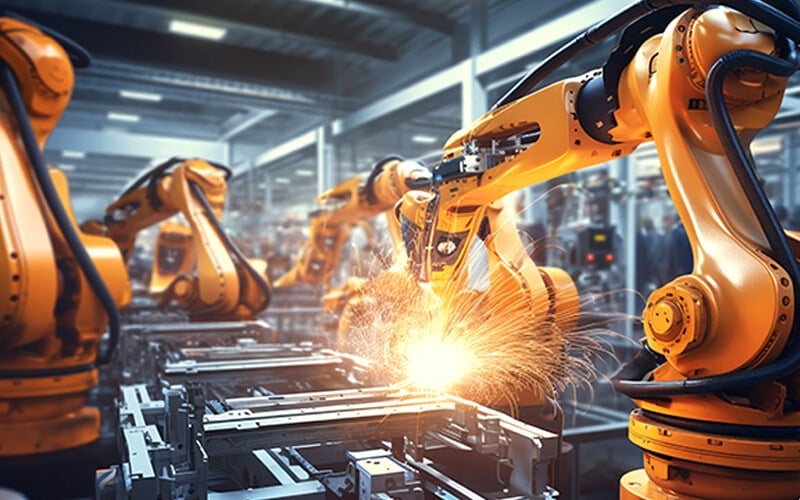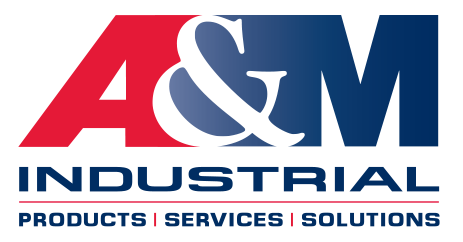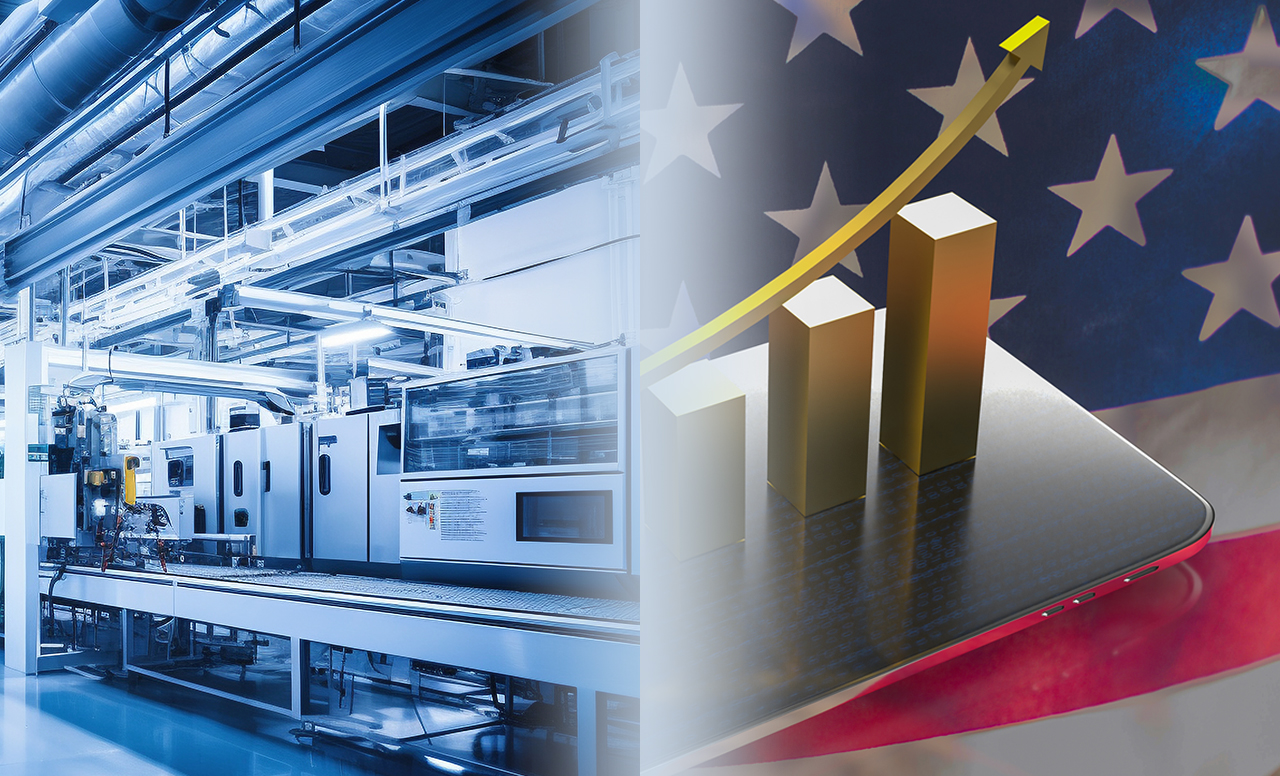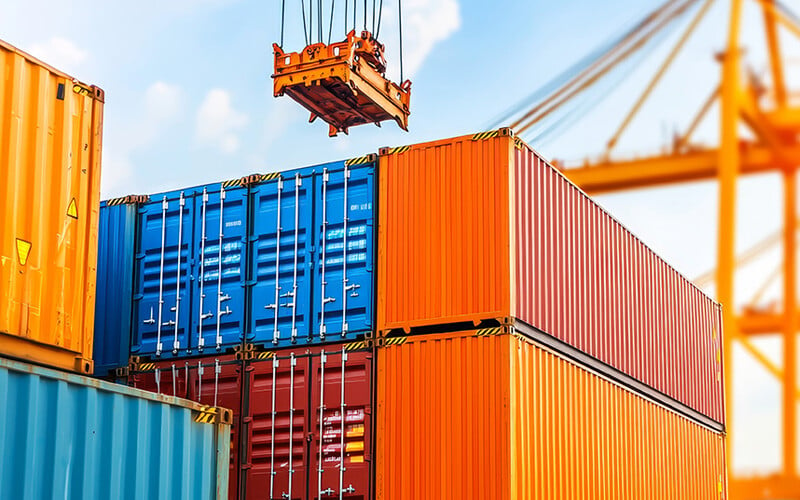The Rise of AI: Top 5 Ways AI Is Revolutionizing Manufacturing

Today, we're exploring the world of manufacturing and machine shops, where advanced Artificial Intelligence (AI) is making a significant impact. From optimizing production processes to improving quality control, AI is revolutionizing the way products are made. AI is quickly transforming the industrial manufacturing landscape.
1. Automating Production Processes:
The era when manufacturing and machine shops depended solely on human operators is over. With the advent of AI, these industries have experienced a major shift towards automation. AI-driven robots and machines can now perform repetitive tasks with greater speed and precision, boosting productivity. From robotic arms performing production tasks to autonomous mobile robots transporting stock and raw materials, manufacturing facilities are steadily incorporating automation and AI into their every day tasks. This shift allows human workers to concentrate on high-value tasks and more complex and creative aspects of their roles, encouraging innovation within the industry.
2. Enhancing Quality Control:
Upholding high-quality standards is crucial in manufacturing and machine shops. AI is assisting by offering advanced quality control systems. AI algorithms can swiftly analyze large volumes of data collected during production, identifying potential defects or errors. By catching issues early, manufacturers can save time and resources, reduce waste, and ensure that only top-quality products reach the market.
3. Predictive Maintenance:
Machine downtime can be disastrous for manufacturers, leading to lost productivity and revenue. Enter AI-powered predictive maintenance systems. Using sensors and machine learning algorithms, these systems can monitor machine conditions in real-time, predicting when maintenance or repairs are necessary. By addressing potential problems proactively, manufacturers can prevent unexpected breakdowns, minimize downtime, and enhance efficiency.
4. Supply Chain Optimization:
AI is not only benefiting individual manufacturing and machine shops but also improving the entire supply chain. By utilizing AI algorithms, companies can optimize inventory management, accurately forecast demand, and streamline logistics and transportation. This increased efficiency lowers costs, shortens lead times, and ensures timely delivery of products to customers.
5. Intelligent Decision-Making:
In the constantly changing manufacturing landscape, making informed decisions is vital. AI is playing an increasingly important role in this area. By analyzing extensive data sets, AI systems can provide valuable insights, enabling manufacturers to make data-driven decisions about production, resource allocation, and customer preferences. These insights help companies quickly adapt to market demands, remain competitive, and make strategic choices.
Conclusion:
As we wrap up our look at how AI is transforming manufacturing and machine shops, it's evident that this advanced technology offers tremendous value to the industry. With robotics that are streamlining production processes, improving quality control, and refining inventory management, AI is transforming the manufacturing industry as we know it. While not essential for every manufacturing business, adopting AI can certainly provide a competitive advantage and unlock new opportunities. Contact the A&M Industrial Robotics Team for more information and assistance with implementing AI and robotics in your facility.


